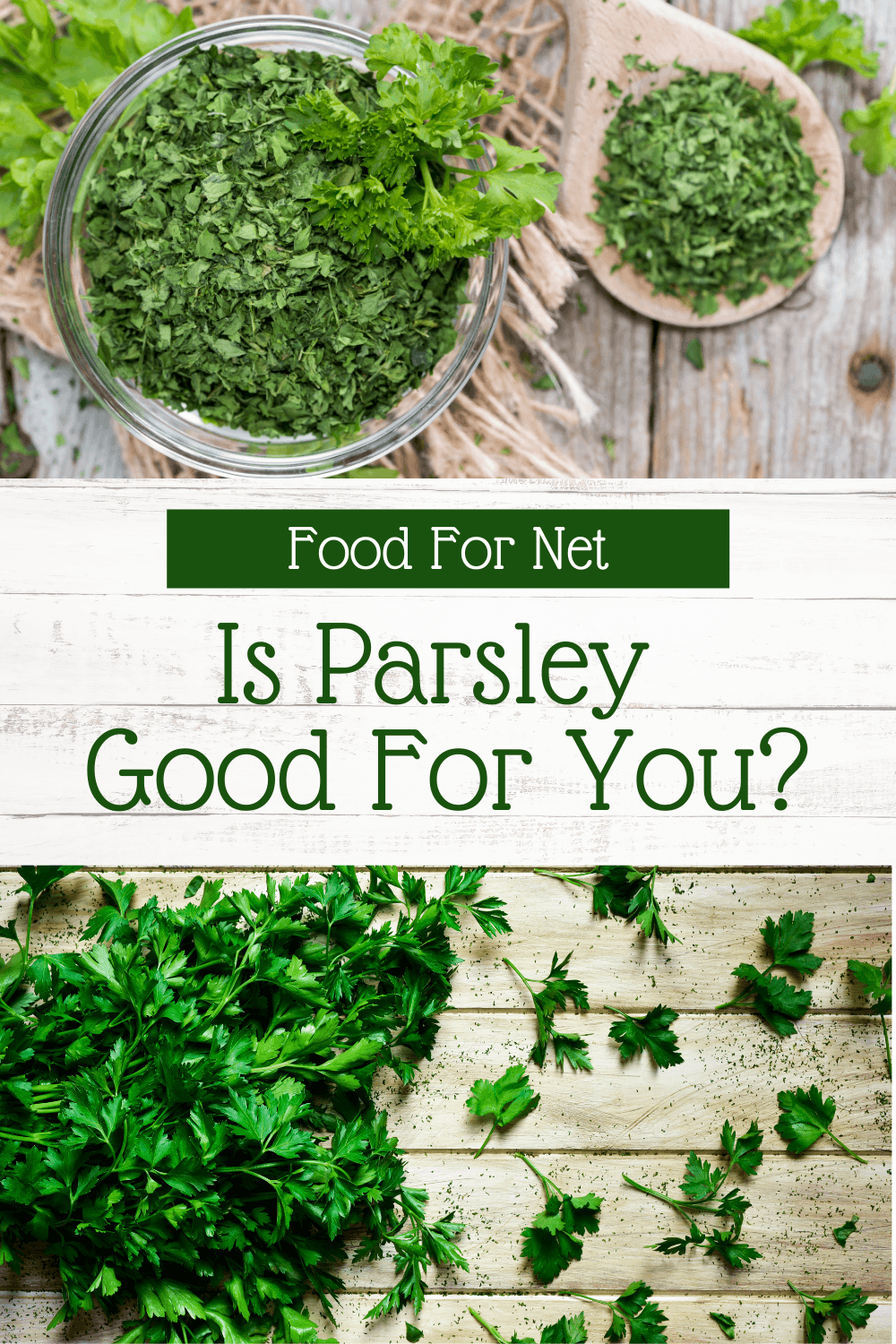
Parsley is a flowering herb that we use either fresh or dried in countless recipes. It’s popular as a way to add color and flavor into meals, but is so commonplace that we often don’t think much about it at all. This means that we don’t talk much about the potential health impacts either. So, is parsley good for you?
The potential is certainly there. Herbs and spices tend to be a concentrated source of potent compounds. This is why cinnamon may be highly relevant for your blood sugar levels and turmeric is often linked to decreased inflammation.
These ingredients aren’t to be taken lightly though, as they can also have unexpected impacts on our health, especially in large quantities. This is why it’s so important to know the benefits and also the risks before you rely heavily on any ingredient.
Is Parsley Good For You?
- Benefits Of Parsley
- How Parsley Could Be Harmful
- Is Fresh Parsley Better Than Dried?
- What About Parsley Tea?
- How Do You Use Parsley?
- Final Thoughts
Benefits Of Parsley
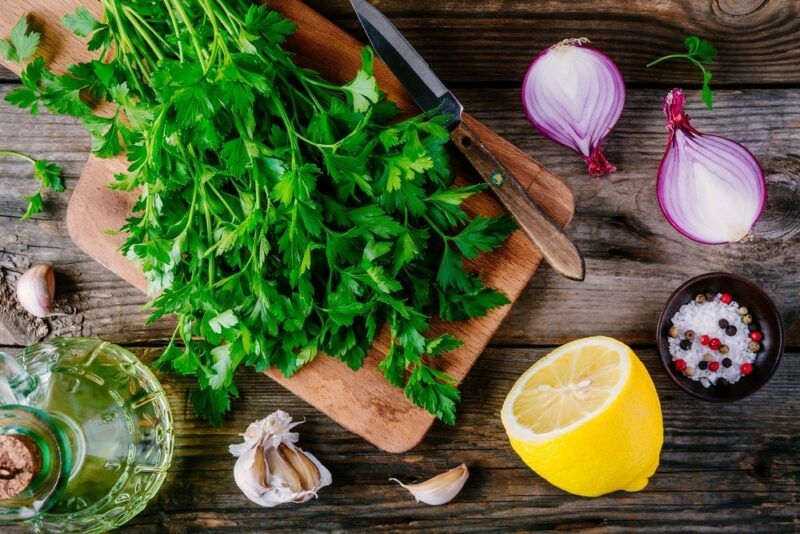
An Incredible Source Of Vitamin K
Vitamin K is important for our bones and heart health, and is critical for blood clotting as well. You find vitamin K in many foods, but parsley is particularly impressive. Seriously. A 2-tablespoon serving of parsley powder gives you more than 150% of the recommended daily intake of vitamin K.
It’s hard to beat that, especially as it’s pretty easy to get a tablespoon or two of parsley into your meal.
That same serving contains around 15% of your daily vitamin C needs and 12% for vitamin A. While those figures are less impressive, we are still talking about a tiny serving size, and both vitamins are highly relevant for your health as well.
May Help With Your Blood Sugar
High blood sugar is always concerning. It increases your risk of many conditions, including type 2 diabetes, heart disease, and insulin resistance. Such effects make it to keep your blood sugar levels in a healthy range.
Eating plenty of fiber is an important part of the process, but some foods are even more powerful, including parsley and cinnamon.
Plus, you won’t ever be eating parsley on its own. You’ll always be combining it with other ingredients, including fruits and vegetables, which help your blood sugar levels still further.
A Good Source Of Antioxidants
Ah, antioxidants. This topic comes up every time we talk about plant-based food. That’s not surprising either, as antioxidants are incredibly important.
The idea is simple. Antioxidants decrease the risk of oxidative damage by lowering oxidative stress throughout your body. Doing so can mean a decreased risk of disease and better long-term health. Getting enough antioxidants could even help you to live longer.
It’s not just about oxidation though.
There are many different types of antioxidants and each has various roles in your body. Vitamin C, for example, is a natural antioxidant, but it is also critical for your immune system. The lutein and beta carotene in parsley are relevant for your eye health and may be powerful for lowering disease risk.
As such, it’s important to not just have an antioxidant rich diet, but to include many different types of antioxidants. This way you get access to all the possible benefits.
Naturally Low In FODMAPs
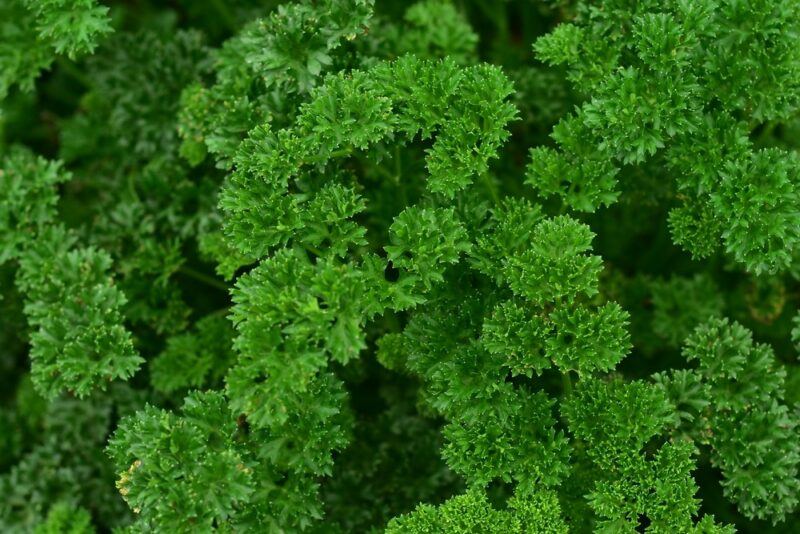
Like many herbs and spices, parsley contains hardly any FODMAPs. This is important, as FODMAPs can increase symptoms for people with irritable bowel syndrome and some other digestive issues.
Following a low FODMAP diet can help to cut down on side effects like gas and bloating. However, this diet can easily end up seeming pretty bland. Herbs and spices are a fantastic way to make your food taste more interesting, without increasing your FODMAP intake.
Acts As A Natural Diuretic
Parsley acts as a natural diuretic, which means that it increases urine production. This can be a useful effect that helps to improve your water balance, decreasing the risk of bloating and lowering your blood pressure.
The effect of parsley isn’t as strong as diuretic medications (also known as water pills). The milder effect is a good thing, though, as diuretic medications are often uncomfortably strong and have bigger effects than we need.
Has Antibiotic Properties
Parsley extract has notable antibacterial properties, meaning that it can reduce or even prevent the growth of bacteria in your food. Some such activity has even been found in freeze-dried parsley.
Such effects could mean that parsley helps to decrease the risk of food poisoning by reducing microbial contamination of your food. Such effects haven’t been studied in-depth, but the potential is there.
May Reduce Cancer Risk
Parsley contains some compounds that can help to reduce the risk of cancer. The antioxidants that we discussed earlier are part of the equation here, as they lower oxidative stress and can reduce the risk of certain diseases, including cancer.
Some of these antioxidants, including apigenin, have been studied for their ability to fight cancer, with results seen in some test tube and animal studies. Such effects might mean that eating parsley regularly could lower your risk of cancer or help your body fight cancerous cells better.
However, cancer is complicated. Cancer research, doubly so.
There’s still much we don’t know about what causes cancer, how to practically reduce risk, and how to treat cancer effectively. Besides, even if some compounds from parsley help with cancer in animals or in a test tube, there are no guarantees that the same effect will be true in humans.
How Parsley Could Be Harmful
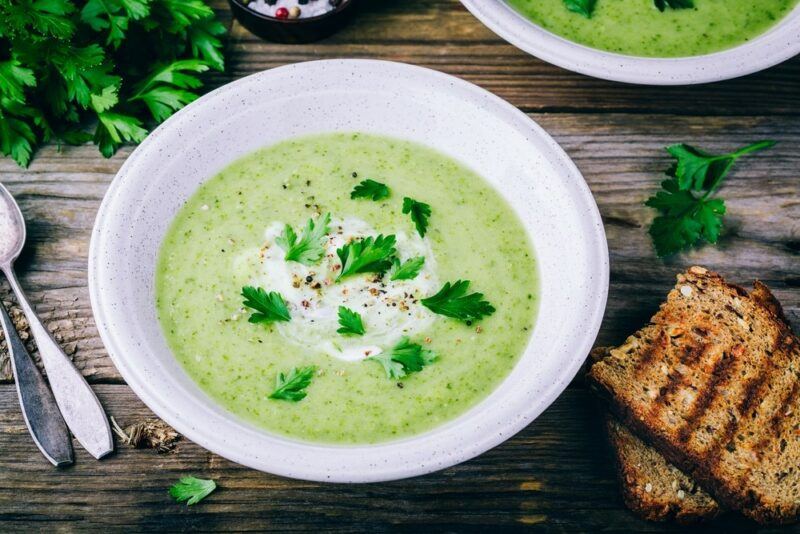
Parsley has a long history of safe use, but this doesn’t mean that it’s completely benign. There are some notable problems to be aware of before relying on the herb.
Large Amounts Make Be Dangerous
Parsley is helpful when you’re using it as an ingredient and offers many benefits. However, large amounts of parsley aren’t a good idea at all.
Overconsumption of the herb can lead to a variety of issues, including liver and kidney problems. There isn’t much information about how much parsley is too much, so it’s best to stick with using parsley as an ingredient, rather than trying to use it like a supplement.
May Interact With Some Medications
Parsley can also interact with medications, including warfarin, pentobarbital, and diabetes medications. For example, warfarin is used to decrease blood clotting, while parsley can have the opposite effect, making warfarin less effective.
These interactions are mostly a problem if you’re consuming a large amount of parsley. The risks aren’t so significant for food amounts of parsley, but it’s still worth talking to your doctor if you’re taking any type of medication.
Can Be Contaminated
Fresh herbs are often contaminated and can make you sick. This is even true for organic herbs or ones that you purchased fresh from a farmer’s market.
The contamination won’t influence your health much if you’re just using parsley while you’re cooking food. The heat from your cooking should kill any bacteria present or at least dramatically reduce the amount. The same can’t be said when you use parsley fresh.
To get around this problem, it’s best to wash parsley carefully before using it.
Dried parsley is often contaminated as well. Purchasing from reliable brands should help to reduce your risk. Keep an eye out for any recall notices too, as dried parsley is sometimes recalled due to contamination.
The Diuretic Effect Isn’t Always Helpful
Anyone experiencing incontinence or a urinary tract infection may want to avoid diuretic foods and drinks, even mild ones like parsley. For anyone with a UTI, needing to go to the bathroom more frequently can make the symptoms feel worse – and the diuretic won’t help to clear up the UTI faster.
For people with incontinence, anything that increases urination or stimulates the bladder increases the risk of embarrassing accidents.
Relatively High In Oxalates
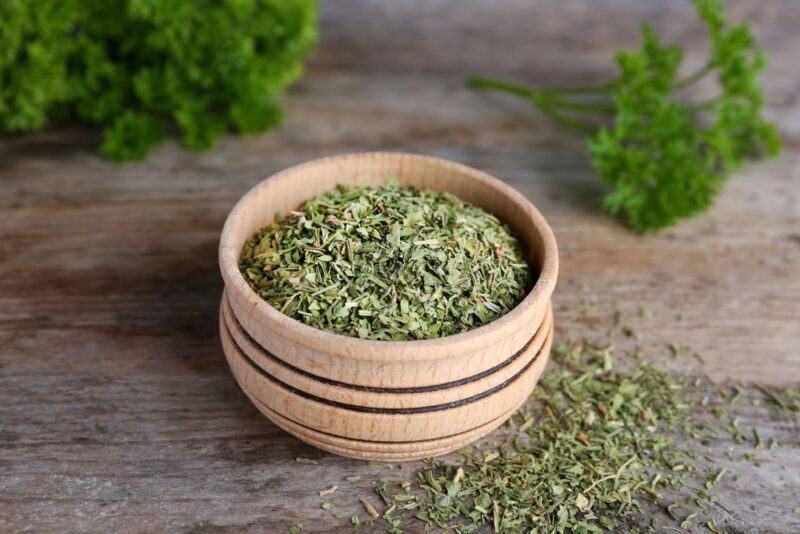
Parsley also contains a surprising amount of oxalates. While oxalates occur naturally, high consumption of these compounds can increase the risk of kidney stones.
If you’re only using parsley every so often as an ingredient or a garnish, the oxalate content shouldn’t be a big problem. However, if you’re drinking parsley tea regularly or using large amounts of parsley at a time, you might be putting yourself at risk.
Is Fresh Parsley Better Than Dried?
Eating food fresh often seems like the healthiest approach, as there’s been no processing and you’re getting all the nutrients as nature intended. This may be the case for parsley too, as the benefits are slightly diminished when you choose the dried version rather than fresh.
Plus, fresh parsley has a much more vibrant taste. The dried version won’t add the same amount of flavor into your meals at all. Instead, dried parsley is most often used as a garnish to make dishes look better.
There’s one exception though. Dried parsley may actually be more powerful for fighting cancer. This effect could be linked to the plant-based compounds, as not much time passes between harvesting and drying parsley, so these compounds don’t have much time to degrade.
What About Parsley Tea?
Parsley tea is exactly what the name suggests. It’s made by steeping parsley in hot water, then straining out the parsley. Doing so gives you some of the healthy compounds found in parsley, but you don’t get the full effect of the herb.
What this means for health is difficult to know. You’re likely to get some antioxidants from the tea, along with plenty of water. If nothing else then, parsley tea will keep you hydrated. Because you’re not consuming parsley itself, the risks should be lower than with the full herb.
Even so, you should always be careful with herbal teas. They can still interact with your health – and not always in a good way. The best approach may be to drink parsley tea every so often, but avoid having multiple cups of it per day. This way you still get many benefits, without much risk.
How Do You Use Parsley?
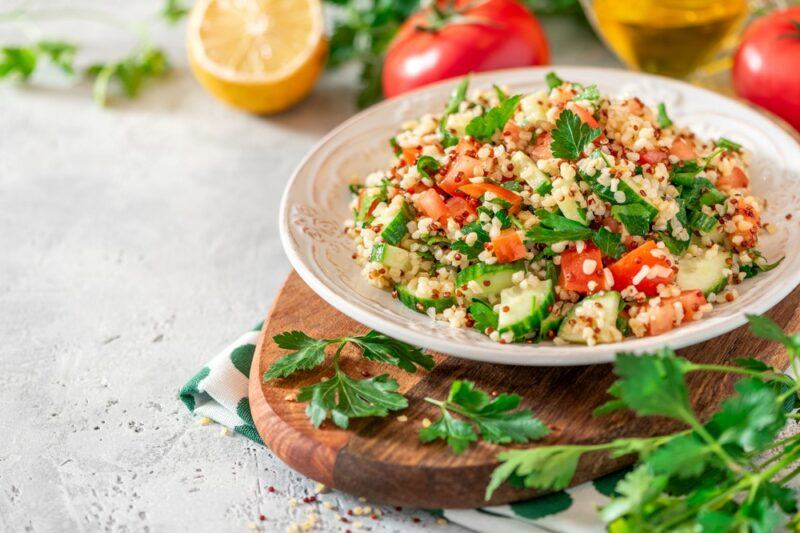
Fresh parsley can be used just like other fresh herbs. This means that you first need to wash it and pat it dry, then remove the leaves from the stems. Once removed, the leaves can be used whole, or you can chop them up.
The parsley can then be mixed into any number of dishes, including pasta, salads, and vegetables. You can even blend the herb and use it as part of a dip or a sauce. Fresh parsley can also be sprinkled on top of meals, to make the dish look better and give a fantastic herbal contrast of flavor.
Dried parsley is most often used as a garnish, as it has a mild flavor. It also works well for long and slow cooking, like oven baked roasts and vegetables, or stews. Because the parsley is dried, the nutrition and flavor don’t change, even with extended cooking.
Final Thoughts
Parsley is a useful way to add a little extra nutrition and flavor to meals. It offers a surprising number of benefits too, due to its vitamin K and antioxidant content.
Still, it is an herb to be cautious with, as large doses of it can easily be dangerous – even if you’re healthy and aren’t taking any medication. Sticking to food amounts should be fine. Just be wary if you’re drinking parsley tea and are also using the herb regularly in your meals.
Frequently Asked Questions
Can You Eat Parsley Stems?
Parsley stems are edible, but they have a strong bitter flavor, so they’re not often used. If you don’t want to waste them, try blending the stems in a recipe, such as when you’re making pesto.
Is Parsley Good For Kidneys?
Parsley could improve your kidney health, due to some of the plant-based compounds present, including the antioxidants. These may decrease inflammation and lower blood pressure, effects that are very important for your kidney health.
Can You Eat Parsley Raw?
Raw parsley is completely safe. Not only that, but you’re getting many benefits from eating it.
How Long Is Parsley Good For?
If you buy parsley from the grocery store, then it should last between 7 to 10 days in the fridge, as long as you store it well. Keeping it in a glass jar with an inch or so of water is one of the best methods for maintaining freshness.
If your parsley comes straight from your garden, it should last longer (as it hasn’t been sitting around in the grocery store). You might even get a month out of it if the parsley is very fresh and is placed straight in the fridge.
Does Parsley Have A Taste?
Parsley has a distinct peppery flavor and a touch of earthiness. However, some people find that they can’t taste the herb at all. This may be related to genetics, as our ability to taste particular flavors vary.
If you’re looking at dried parsley, then you may have simply kept it too long. Dried herbs only keep their flavor for a year or so. After that point, they often taste like nothing. Besides, dried parsley always has less flavor than the fresh version, so it may simply not be as vibrant as you’re hoping for.


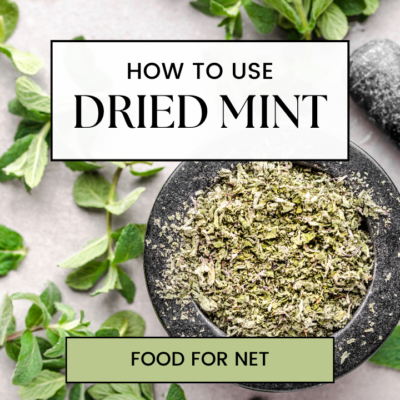
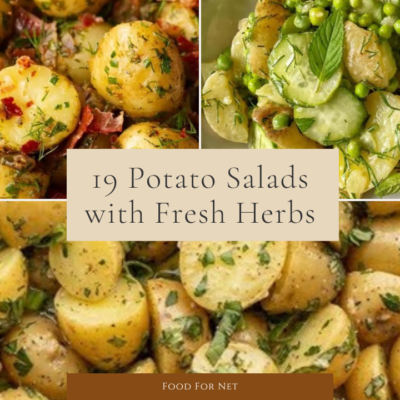
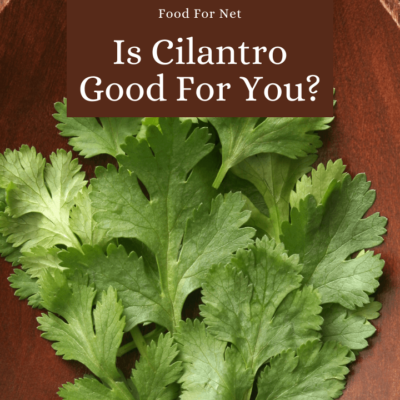
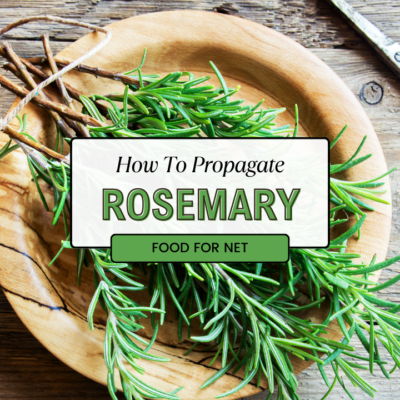
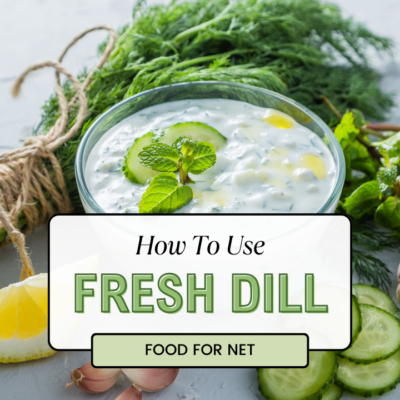
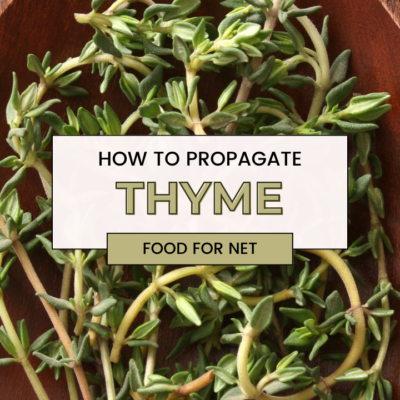

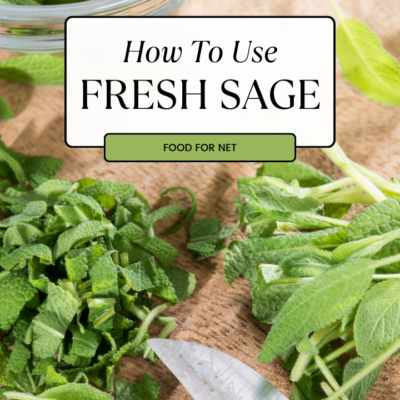
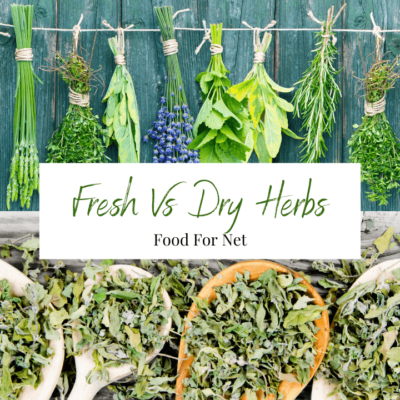
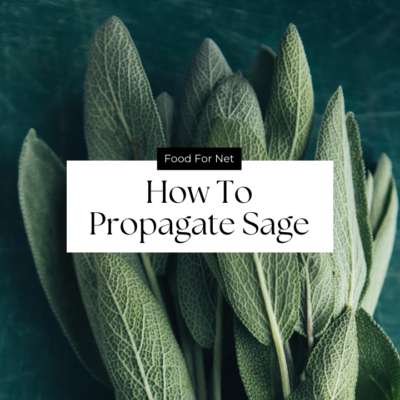

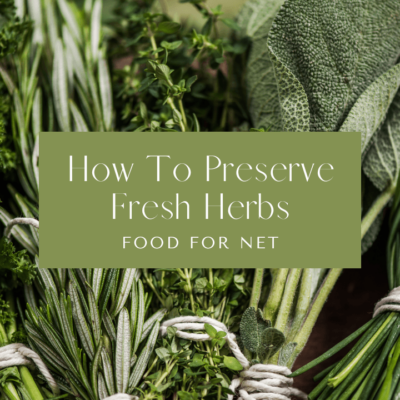

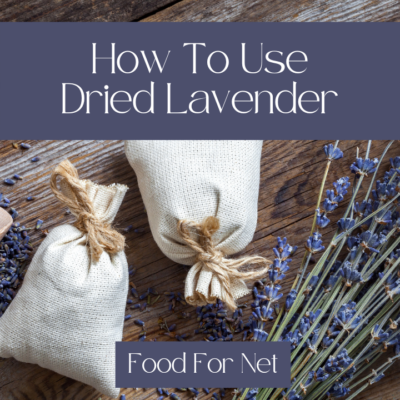
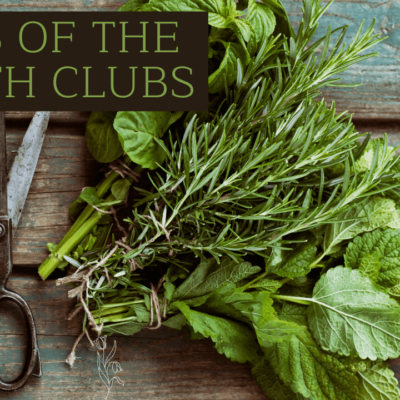
 Is Magnesium Good For You?
Is Magnesium Good For You?
Leave a Reply